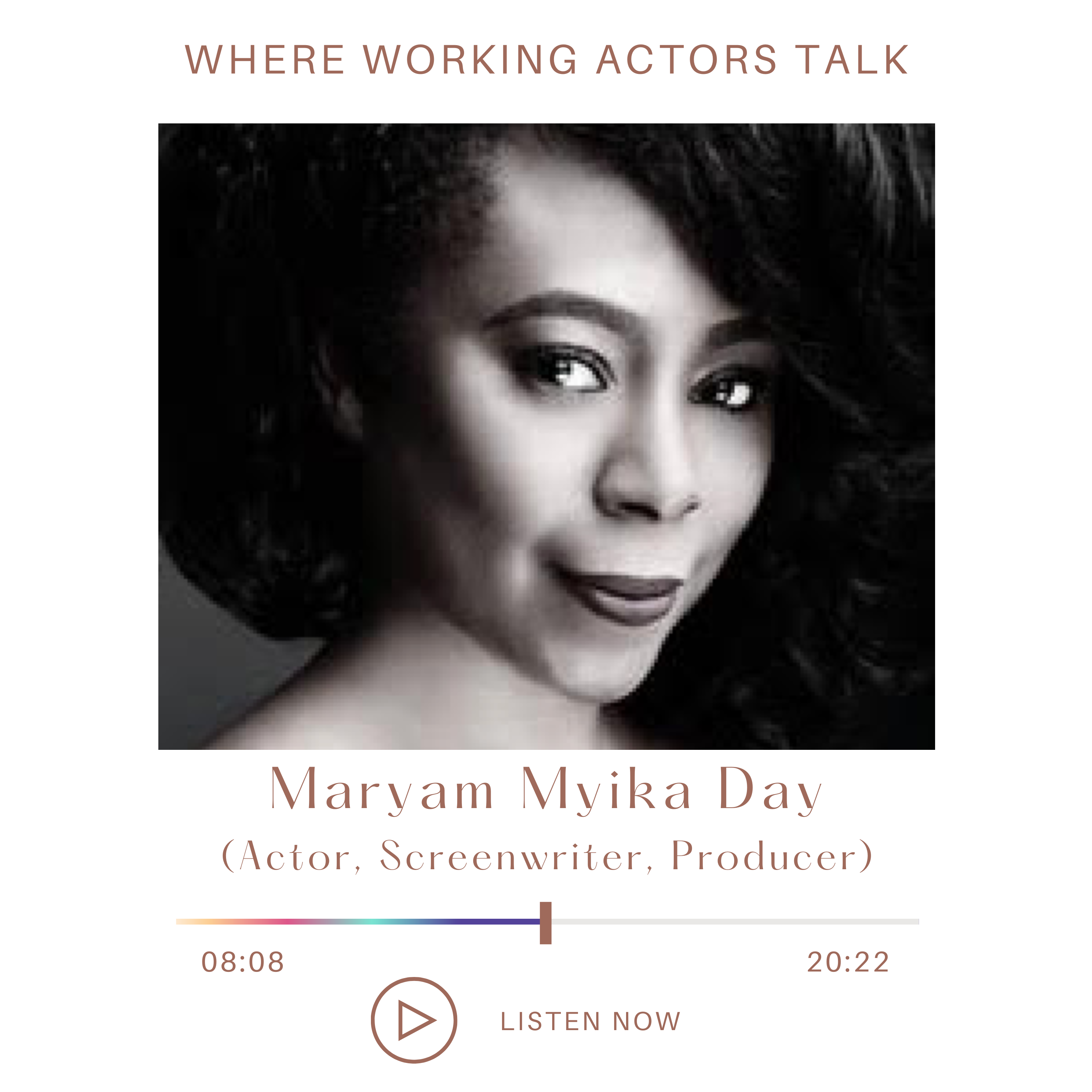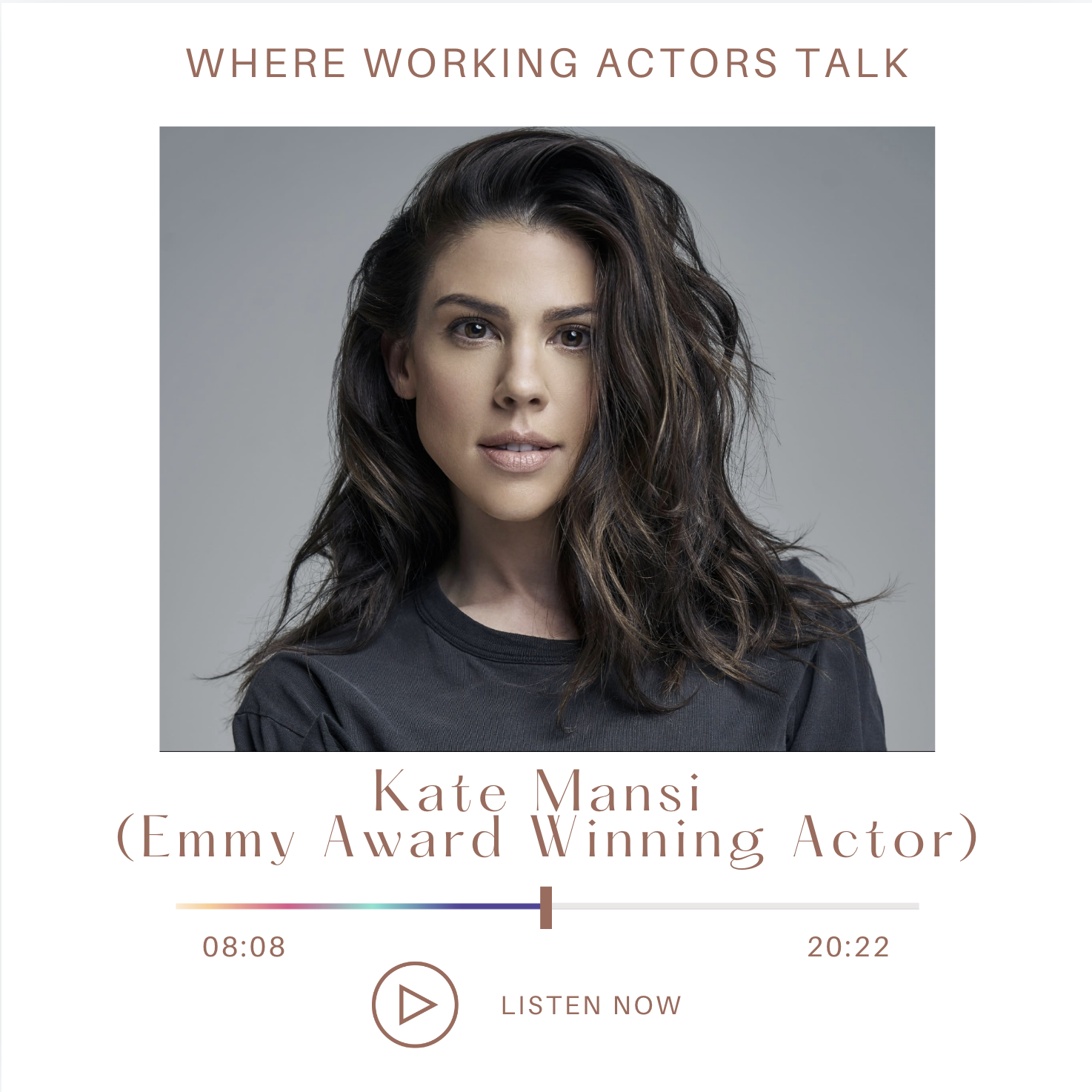Read this post →
You know may know Brock Ciarlelli from his work on iconic projects like ABC’s The Middle, Universal Pictures’ BROS, Netflix’s Glamorous, and Hulu’s Dr. Odyssey or from working with him in class. Whether he’s mentoring, acting, writing, or producing, Brock has had quite the journey in Hollywood. In this episode, host Colleen Foy gets into […]

Read this post →
Actress, producer, and overall superstar Britney Young shares her journey from Tokyo to America, graduating from USC’s School of Cinematic Arts, and establishing herself in Hollywood. Britney candidly discusses her behind-the-scenes roles on TV shows like ‘The Mentalist’ and ‘Crazy Ex-Girlfriend,’ and her big break as Carmen Wade on Netflix’s ‘GLOW.’ She highlights the importance […]

Read this post →
Unlocking Social Media Success for Actors with Heidi Dean In this episode, we sit down with Heidi Dean, a social media strategist for actors and the author of ’Social Media for Actors: 100 Essential Tips to Grow, Thrive, and Survive Online.’ Heidi shares her journey from a 20-year acting career to becoming the go-to expert for actors navigating […]

Read this post →
SKS Faculty Real Talk Roundtable, the entire faculty comes together to talk about all things industry. CEO Kristyn, Studio Director Colleen, and actors and coaches Aleks, Angela, and Brock come together to discuss their experiences and offer guidance to the SKS community. They talk about the challenging start to the year with the LA wildfires, […]

Read this post →
When your world crashes down around you, how do you continue moving on? In 2015, Maryam Myika Day welcomed her daughter Ayodélé Olayinka into the world and said goodbye to her husband. Through that joy and grief came a reckoning and realization of who she wanted to be as an artist going forward in her […]

Read this post →
Today we have on acting coach extraordinaire, the woman you want to be in a Career Corner with, and accomplished actor/writer/producer/ray of sunshine Angela Fornero. A seasoned actress and business-minded coach, we dive into her journey in the acting industry. Angela shares her extensive experience, from growing up in Los Angeles to becoming an integral […]

Read this post →
How do you enjoy the journey of being an actor? How do you stand up for yourself on set? How do you find your actor niche? Leonard Wu comes on the podcast to reunite with his former acting classmate Colleen Foy to talk about his journey and everything that he has experienced. From ‘Grey’s Anatomy’ […]

Read this post →
We’ve all felt how the acting industry has changed over the last few years. Even more than before, our individual journeys as actors show how there is no right path. We’ve all felt how the acting industry has changed over the last few years. Even more than before, our individual journeys as actors show how […]

Read this post →
Actor, Tiffany Daniels discusses her multifaceted career in the entertainment industry with host Colleen. Known for her role in ‘That Girl Lele,’ Tiffany shares insights on her early career, including her prestigious year-long scholarship at the Edge Performing Arts Center and the challenges she faced balancing rigorous training with a full-time job. She takes us […]

Read this post →
There is no “one path” to becoming a working actor. No one knows that better than Kate Mansi, who transitioned from having a dance scholarship to pursuing acting at Pepperdine University. She walks us through how her life changed when she found her passion and what she did to take care of herself as she […]
